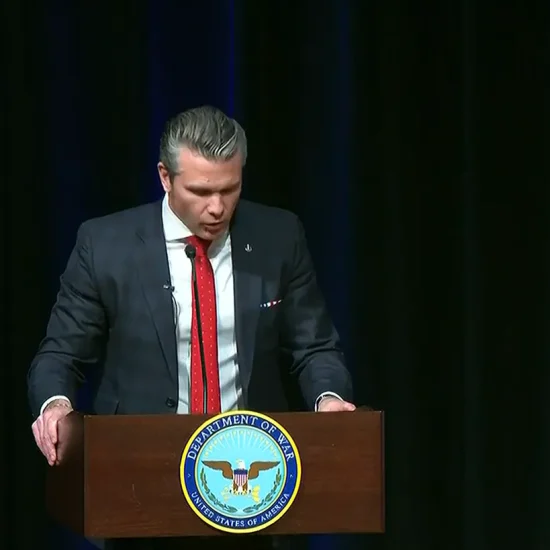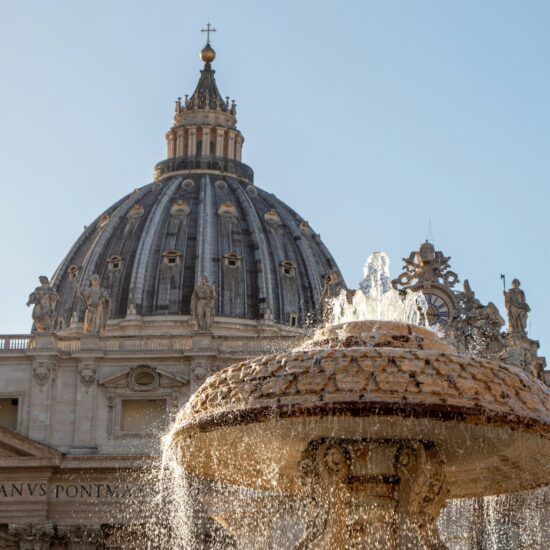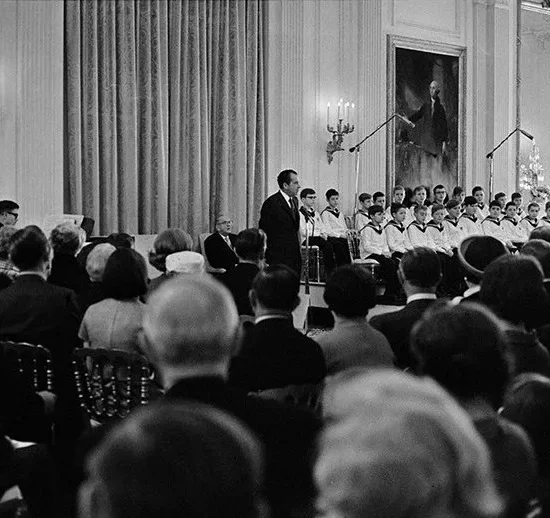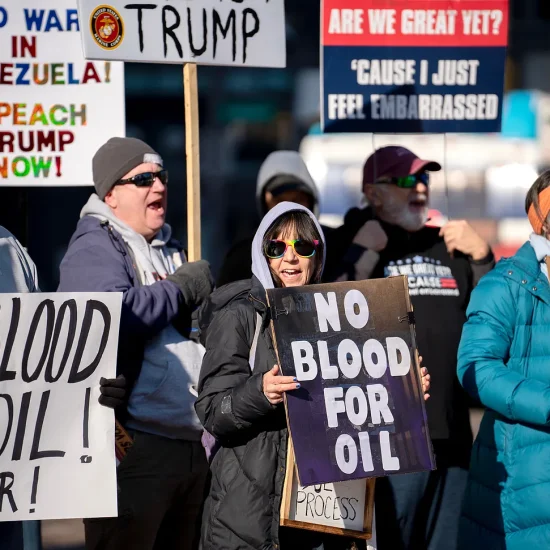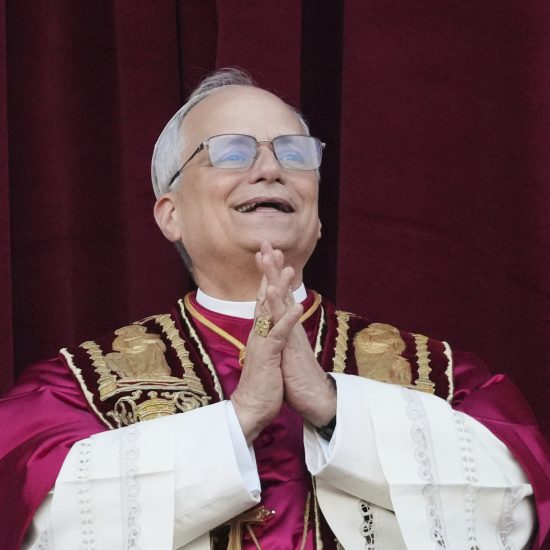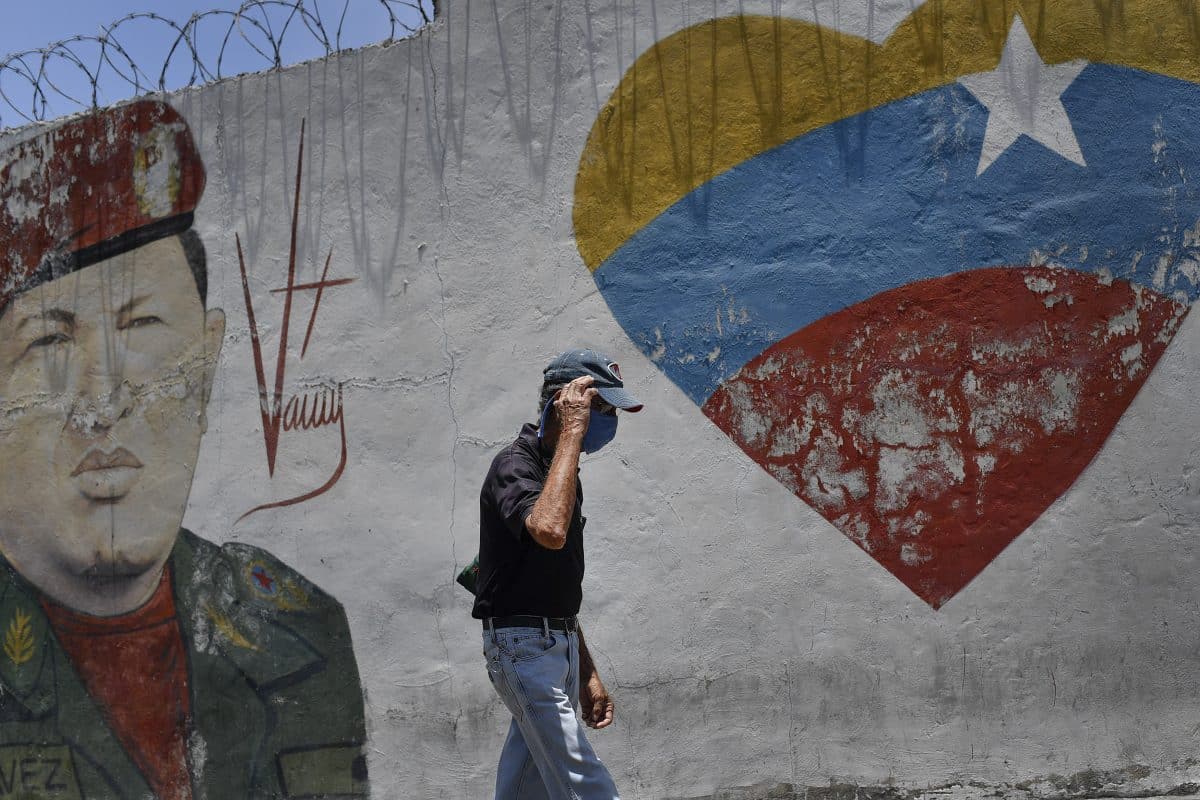
Even before the global coronavirus pandemic, Baptists in the South American nation of Venezuela have faced years of economic struggles, lack of resources, political turmoil, and difficulty in travel. And as they’ve done during those other challenges, they’ve continued to minister amid the threat of coronavirus and the difficulties it has sparked.
As of April 16, more than 2.1 million people globally have been infected with the COVID-19 respiratory disease caused by coronavirus, and more than 144,000 have died. In Venezuela, 197 people have tested positive and nine have died. That means just 11 people per each million in the country have tested positive, which is far below the U.S. rate of more than 2,000 per million. And the death rate from coronavirus in Venezuela is about 0.3 per million, while in the U.S. it’s more than 100 per million.
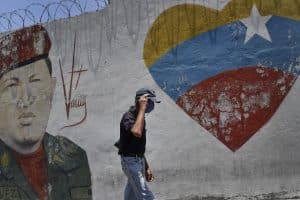
A man wearing a protective face walks past a mural of the late Venezuelan President Hugo Chavez in Caracas, Venezuela, on April 11. (Matias Delacroix/Associated Press)
After the discovery of coronavirus in Venezuela on March 13, national authorities quickly enacted a nationwide “social quarantine” that closed most non-food businesses. Many early cases were reportedly connected to recent travel, especially from Spain and neighboring Colombia.
Embattled President Nicolás Maduro also sought international assistance and called on the U.S. to lift its sanctions on the nation so more medical supplies could be acquired — though critics of Maduro claim that’s not necessary for humanitarian supplies.
The coronavirus hits at a time when Venezuela already struggled with economic and political instability. And its health system already lacked necessary supplies before coronavirus, with only about 80 intensive care beds in the entire country of nearly 29 million people. The country also already lacked stable electricity, as well as sufficient access to soap and water. Last year, the Global Health Security Index ranked Venezuela as the worst health system in the Western Hemisphere when it comes to preparing for an epidemic or pandemic.
Venezuela’s struggles over the last several years sparked the largest migration in Latin American history as more than 5 million people fled the country. And for those who remained, the shutdown of businesses means millions who were already living day to day need food aid. The collapse of global oil prices — the top export of Venezuela — further adds to the nation’s economic woes from coronavirus.
Political instability since a disputed presidential election in 2018 that gave Maduro a second term resulted in the U.S. and many other nations last year recognizing an alternative politician as “acting president.” Baptist leaders have sometimes been inadvertently caught up in political protests. And since the global coronavirus outbreak started, the U.S. added more pressure with additional sanctions and indicting Maduro for an alleged narco-terrorism conspiracy.
However, as Baptists in the nation have done for years during various struggles, they continue to minister now even as coronavirus brings additional challenges. The Convención Nacional Bautista de Venezuela (Venezuelan Baptist National Convention) had to suspend its annual assembly that was to occur in late March. However, the ministry continues.
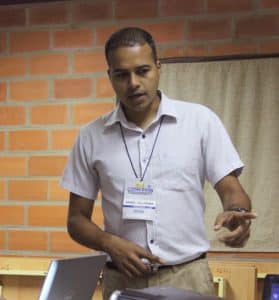
Daniel Villasana speaks during the “Big Connection” communication and media training conference on Dec. 5 that Word&Way helped sponsor. (Convención Nacional Bautista de Venezuela)
Daniel Villasana, communications coordinator for the Convención and editor of its media outlet Luminar Bautista (a partner publication of Word&Way), told Word&Way that this “time of crisis has united the country’s Christian churches and strengthened the faith.”
“We have seen at this time that, despite everything, the church remains strengthened, facing every challenge to continue rendering its service of providing hope in times of crisis,” he explained. “Some churches are carrying out social service tasks in low-income communities, distributing plates of food, medicine, and carrying a message of hope and solidarity.”
These ministry efforts by Baptists continue even as their church buildings are closed by the government’s coronavirus restrictions. The Convención includes 690 affiliated churches, more than 1,200 missions, and more than 69,000 members. Villasana noted the Convención staff are also working from home as they seek “to guide, accompany, and train during this crisis.”
“Although the buildings remain closed due to the social quarantine, we see the effort they make to continue teaching the word of God through the internet, creating distance Bible studies, discipleship, and Sunday Bible school classes through images and audiovisual supports,” he said.
Villasana also noted that the coronavirus restrictions come amid already-existing challenges for churches, including power cuts, fuel shortages, failure of internet services, water supply, and price increases due to currency devaluation. But through it all, he added, they remain focused on ministering to people and praising God.
“Begging the Lord, may our faith never falter, but may we be tested and strengthened as difficulties arise,” Villasana explained. “[God] has helped us, since in the Baptist work there are no reports of COVID-19. And we see God’s provision in everything we do.”

